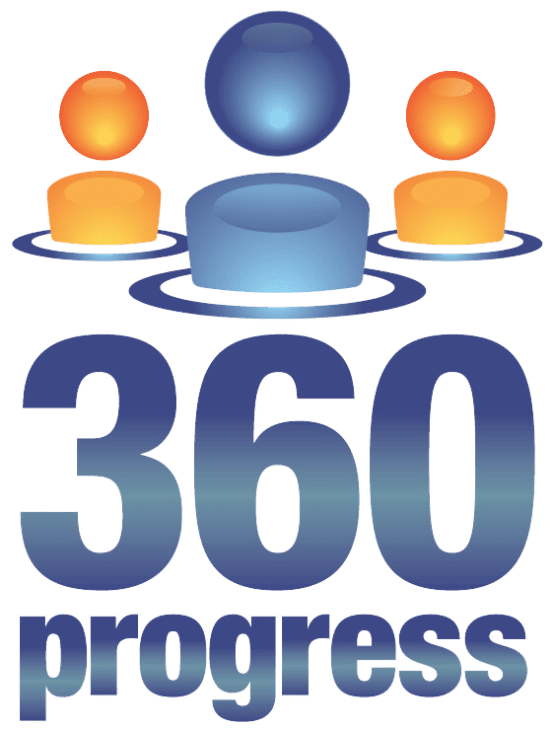Some specific roles require more specific competencies.
Change is the only certainty in life! In a rapidly changing business environment no organisation can afford to stand still. Organisations are constantly changing to meet the demands of their customers, competitive pressures and the need to grow. The greatest challenge for organisations is to achieve the cultural or behavioural change that is often required to achieve successful change, even when it is widely recognised that it is needed.
Managing change can be a risky business and organisations don’t just change because of new systems, processes or structures. They change because the people within the organisation adapt and change too. This can only be achieved by careful planning, skilfully managed communication and by developing and living a strategy that will drive, achieve and sustain real change.


